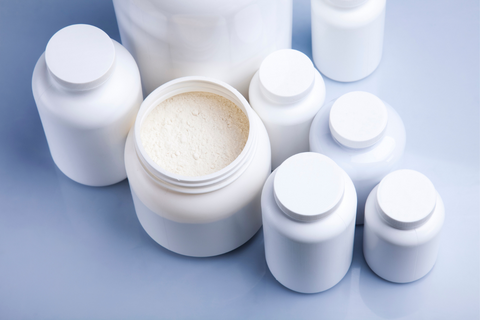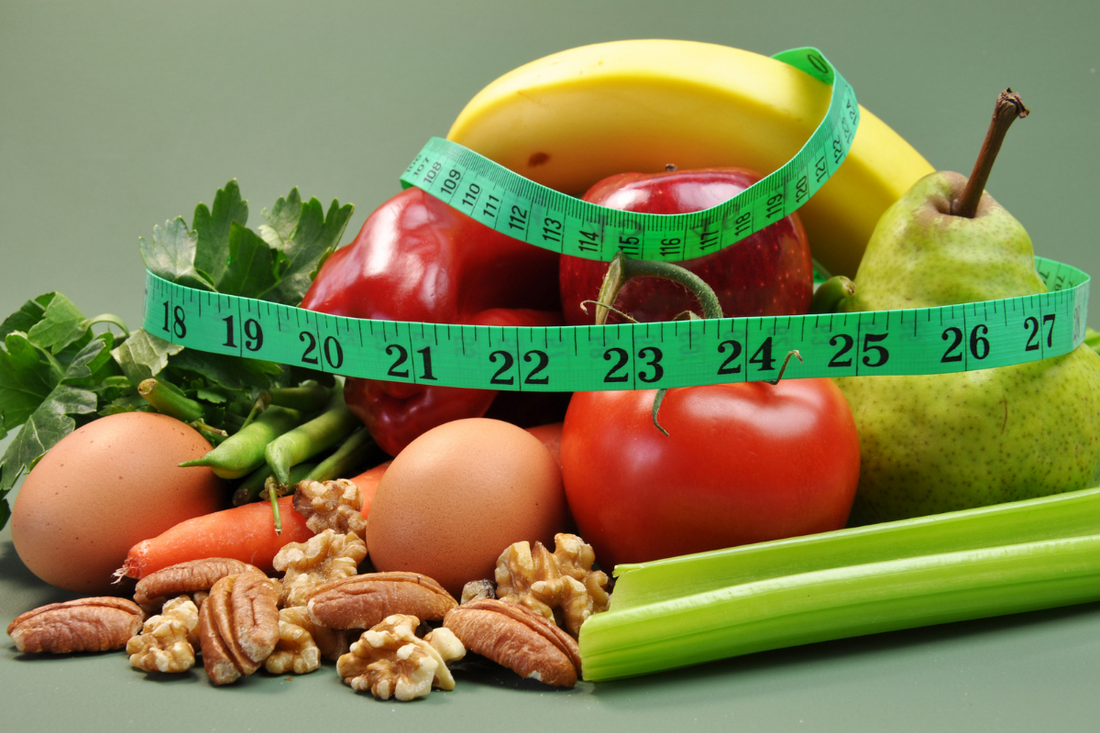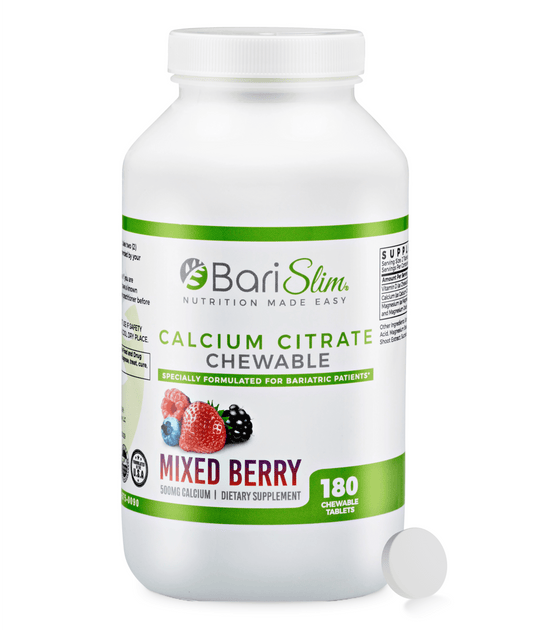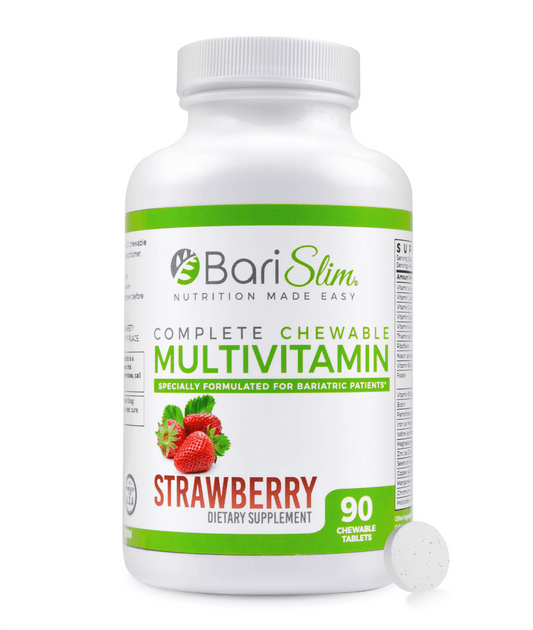Table of Contents
Gastric bypass surgery is a significant decision that comes with numerous lifestyle changes. As a tool to help you lose weight and improve your health, this procedure involves altering the size of your stomach and rerouting your digestive system. Reducing the stomach capacity and affecting absorption aids in limiting the amount of food and nutrients consumed. While the benefits of such surgery are evident, it is crucial to understand the limitations and adjustments required to maintain a successful outcome post-operatively.
After gastric bypass, you are required to make specific changes to your habits, diet, and exercise routines. These alterations are necessary to achieve the desired weight loss, ensure long-term success, and avoid potentially harmful complications. From food restrictions to physical limitations, several activities and behaviors are no longer feasible after gastric bypass surgery.
In the upcoming sections, we will explore the specific things you can't do following a gastric bypass, the reasons behind these limitations, and practical tips on adapting and thriving in your new lifestyle. It is essential to remember that every individual's experience varies, and your healthcare team will be your best resource for personalized advice and support.
30 Things You Cannot Do After Gastric Bypass
After undergoing gastric bypass surgery, your life changes in significant ways. To ensure a successful recovery and long-term results, you need to be aware of and follow specific guidelines. Here are 30 things you cannot do after gastric bypass.

- Do not overeat: Your stomach's capacity is now significantly smaller. Too much can cause discomfort, vomiting, or even damage your surgical site.
- Avoid drinking fluids with meals: Drinking liquids can cause your stomach to empty quickly, which may lead to hunger and malnutrition. Wait about 30 minutes after a meal before consuming liquids.
- Do not consume high-sugar and high-fat foods: These foods can lead to dumping syndrome, an unpleasant side effect of gastric bypass surgery.
- Limit caffeine intake: Caffeine can irritate your stomach and lead to ulcers. Reduce or eliminate caffeinated beverages from your diet.
- Do not use a straw: Using a straw can cause air to enter your stomach, leading to discomfort and gas.
Gastric bypass requires significant diet and lifestyle changes, but complying with post-operative instructions is essential to maximize your results.
- Avoid carbonated beverages: The gas in these drinks can cause bloating and discomfort.
- Do not drink alcohol: Alcohol can negatively impact your weight loss and lead to ulcers.
- Quit smoking: Smoking can increase your chances of developing complications, such as blood clots, infections, and ulcers.
- Do not lift heavy objects: Lifting heavy objects can place strain on your surgical site and increase the risk of developing a hernia.
- Avoid overexertion: Start your exercise routine gradually and consult your doctor for recommendations on safe physical activities.
Adhering to these guidelines is crucial to your long-term success. Remember that gastric bypass is a tool—a powerful one, but still a tool that requires your commitment and effort.
- Do not skip meals: Skipping meals can slow your metabolism and prevent weight loss. Aim for three small meals and two to three small snacks per day.
- Avoid lying down right after meals: Lying down can cause gastric reflux, which can lead to heartburn and discomfort.
- Do not chew gum: Chewing gum can cause you to swallow air, which can lead to gas and bloating.
- Limit your consumption of nuts and seeds: They can be difficult to digest and cause discomfort.
- Do not consume large amounts of fruit at once: Fruits, significantly high in sugar, can slow your weight loss progress.
As you adapt to your new lifestyle, you'll become more familiar with what works best for your body. Keep in mind that your journey is personal, and adjustments may be necessary along the way.

- Avoid foods that are difficult to digest: Some foods, such as tough meats, fibrous vegetables, and popcorn, can be hard to digest and may cause discomfort.
- Do not take NSAIDs: Nonsteroidal anti-inflammatory drugs (NSAIDs), like aspirin and ibuprofen, can increase your risk of developing ulcers.
- Limit exposure to extreme temperatures: Extreme temperatures, both hot and cold, can cause discomfort and negatively affect digestion.
- Do not consume whole milk dairy products: Opt for low-fat or fat-free dairy products to reduce fat intake and calorie consumption.
- Avoid prolonged sitting: Sitting for extended periods can increase your risk for blood clots. Stand up and move around every hour to reduce this risk.
Your post-operative journey may have ups and downs, but focusing on your long-term goals and following instructions can help you achieve successful weight loss and improved health.
- Avoid spicy foods: Spicy foods can irritate your stomach and cause discomfort.
- Do not leave recommended vitamins and supplements: These are crucial for ensuring you receive the necessary nutrients after surgery.
- Limit processed foods: Processed foods are often high in sodium and preservatives and can slow weight loss.
- Do not abruptly discontinue your post-operative routine: Work closely with your healthcare team when making any changes to your routine.
- Avoid consuming large amounts of salt: High sodium intake can lead to water retention and weight gain.
Lastly, keep in mind that you are not alone on your gastric bypass journey. Reach out for support and guidance when needed.
- Do not compare yourself to others: Weight loss progress varies from person to person. Focus on your journey and continuously strive for improvement.
- Avoid neglecting your mental health: Emotional well-being is essential for long-term success. Seek counseling, join support groups, or talk to your doctor if you're struggling.
- Do not ignore signs of nutrient deficiencies: Monitor your vitamin and mineral levels regularly. Consult your doctor if you experience any concerning symptoms.
- Avoid stress eating: Develop healthy coping mechanisms to handle stress without resorting to food.
- Do not delay seeking help for complications: If you suspect you're experiencing a complication, contact your healthcare team immediately.
Following these guidelines and working closely with your healthcare professionals, you're taking steps towards a healthy, prosperous, and fulfilling life after gastric bypass.
Also Read: Maximize Weight Loss and Avoid Complications with Bariatric Eating



 Order Free Sample
Order Free Sample





